Ramiro Mora selected for the Olympic Refugee Team, Paris 2024
"Being part of the Olympic Refugee Team is not just an opportunity to compete; it's a platform to inspire and represent hope for refugees all over the world." - Ramiro Mora
.jpg)
Ramiro Mora, a standout name in British Weight Lifting, has made a significant impact across multiple weight classes. The Cuban-born athlete, now residing in the United Kingdom, holds British records in the 89kg, 96kg and 102kg bodyweight categories. His rapid ascent in the British Weight Lifting scene, transitioning from a newcomer to a record-holder in just a few years, is a testament to his exceptional skill and dedication.
What further elevates Mora's story is his recent selection to join the IOC Olympic Refugee Team for Paris 2024. This prestigious recognition is a continuation of his journey with the Olympic Refugee Scholarship programme, which supports displaced athletes in pursuing their Olympic dreams. Mora's participation at the Olympic Games Paris 2024 is not only a personal achievement but also represents hope and resilience for refugees globally.
As Mora prepares to represent a global community at the upcoming Olympic Games, his journey highlights the transformative and unifying power of sport. His achievements serve as an inspiring symbol of what can be accomplished with determination and support, despite facing significant challenges.
Journey to Weightlifting
British Weight Lifting: Could you share the story of how you were introduced to weightlifting and what inspired you to pursue it professionally?
Ramiro Mora: I was introduced to weightlifting in my hometown in Cuba through a friend who took me to a gym when I was 14 years old. I took an interest in the gym and began to commit to going a few times a week, as I started to notice my body changing and I was beginning to build muscles.
People began to notice that this was something I seemed to be good at. I was training consistently at my local gym every day for 4 months. A coach at the gym took the best people in this gym to a small local competition. At this competition, I was selected to go to a boarding school to practice sports. At that time, although I was happy to be selected, I still felt sad as I had to leave my family. While I was at the school, I would only get to see my family once a month.
When I stayed at the school, this gave me the opportunity to participate in regular competitions maybe once or twice a month. Within my first year at the school, one of my best friends was selected for the national team of Cuba in weightlifting. When I spoke to him, he told me about how he was beginning to represent Cuba internationally. I spoke to my coach and told him that this was something I wanted to do, to begin to compete internationally. My coach told me that if I wanted to compete for team Cuba, I would need to train more consistently and more strongly. He told me he would help me prepare for team Cuba.
I took part in many local competitions, taking 1st and 2nd place at all the events. After 3 years, when I was 17, I was selected to train on team Cuba. When I was on the team, I saw that people were competing and taking home medals. And I told the coach that this was something I wanted to do.
Transition Challenges
BWL: Relocating from Cuba to the UK must have presented numerous challenges. Could you describe some of these obstacles and how you managed to navigate them?
RM: When I left my country to come to the UK, I came on a work visa for the Blackpool circus. At this time, I didn’t want to continue training for weightlifting because when I left team Cuba, I felt that the way the team was constructed was very against my political views, and this was apparent from my coach and the head of weightlifting, which caused me a lot of stress and made me want to come away from the sport.
When I moved to the UK, I worked at the Blackpool circus for 3 years on a working visa. I decided to contact my very first coach back in Cuba, and I asked him if he could help me get back into weightlifting. The reason being was that when I lived in Blackpool, I began to train at a local gym and I saw that the training conditions were much better, and I finally felt a bit of freedom and less stress being here in the UK. I began to start training once more. In time, at the end of 2022, I applied for asylum in the UK and I got relocated from Blackpool to London. When I moved to London, I found a weightlifting club LOWA where I spoke to the coach of the club, Mike Causner, and I explained to him my situation of leaving Blackpool and how I was applying for asylum. Given the fact that I only had £8 a week, and wasn’t allowed to work, I asked him how much he would charge me for training and how much the memberships were at this gym. He told me the price, and I was unable to fund this. So, I asked him if he was able to help me. I explained how I had represented Cuba and that I wanted to compete and win medals nationally and internationally. He invited me the next day to the gym.
He gave me the opportunity to train at the gym, supporting my membership after I showed him some videos from when I trained in Cuba. He then asked if we could train together and if I would represent the club in competitions.
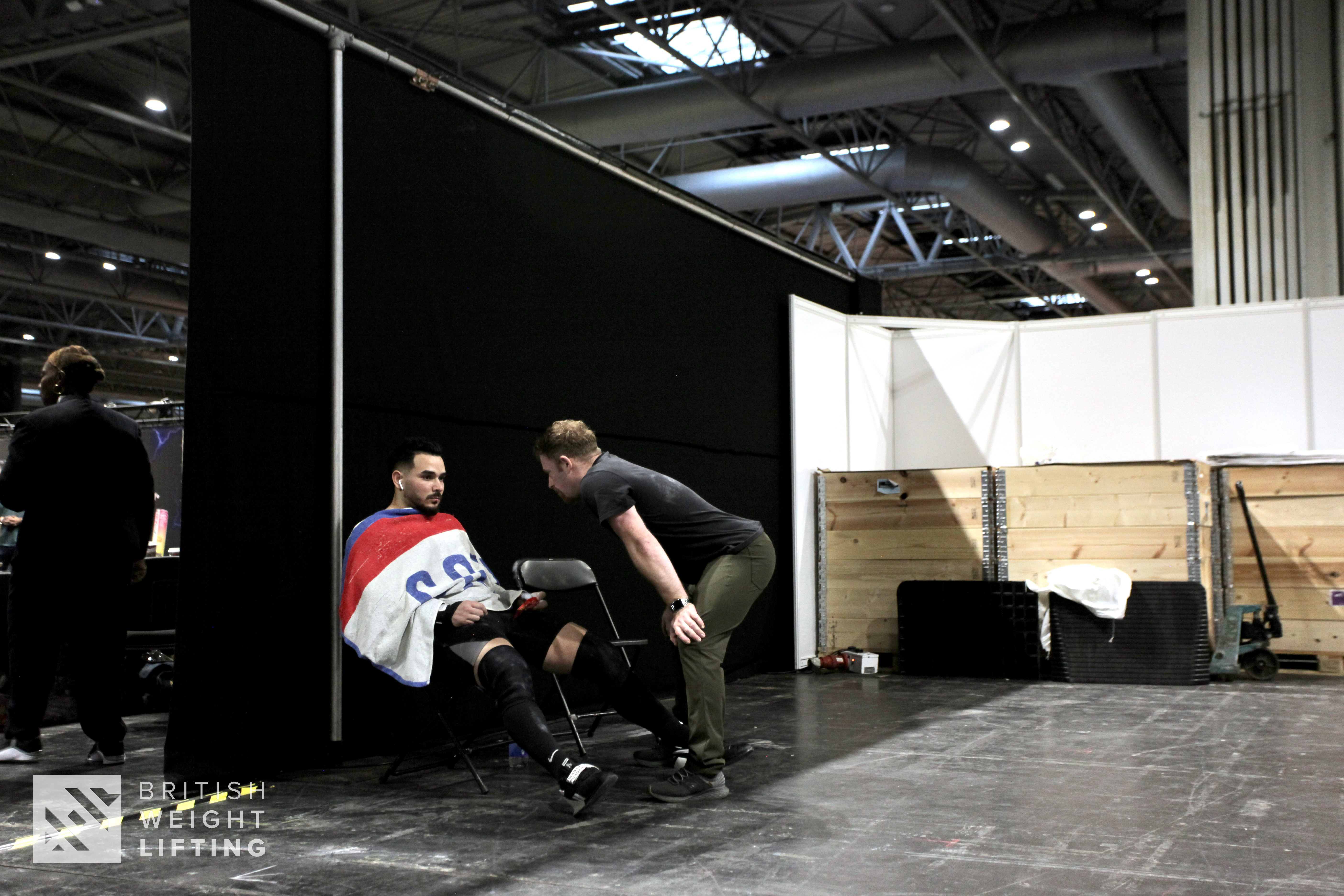
Historic Achievements
BWL: You hold British records in the 89kg, 96kg and 102kg weight categories. How did you prepare for competitions across these two categories, and what does holding records in both mean to you?
RM: Having the opportunity to compete in events like the English and British championships in 2022 and 2023 has made me realise my potential and the possibility of future success. Breaking the English and British records in my categories showed me I could achieve my goals. Preparation for the English championships required a significant mental shift, especially after some time away from competition. Additionally, navigating the asylum process, the inability to work or support myself, and being separated from my family in Cuba presented substantial challenges. Despite these difficulties, I never lost sight of my goals. The government's relocation policy made finding nearby weightlifting gyms difficult, and financial constraints limited my transportation options.
In the 2022 England championships held in Derbyshire, competing in the 89kg category, I broke the English record and won first place. Subsequently, I moved up to the 96kg category for the 2023 British championships, where I set new records in both snatch and total. Then, at the English championships in 2023, I won first place and broke the clean and jerk record with a lift of 201kg. A month after this competition, on 1st December 2023, I was granted refugee status. Before this, I had discussed with the IWF the possibility of joining the Olympic refugee team. After receiving my refugee status, which I had awaited for two years, I immediately informed the IWF and British Weightlifting.
Upon notifying them of my refugee status, they offered considerable support and provided resources to advance my career. I've been awarded an Olympic refugee scholarship, and BWL has backed me with Level 1 and Level 2 coaching qualifications. This support not only allows me to aim for international competition, but also enabled me to share my knowledge and passion for weightlifting with emerging athletes. My first international competition took place in Thailand in March 2024. Looking ahead, I aspire to represent Team GB as a British citizen, contributing to our success on the international stage.
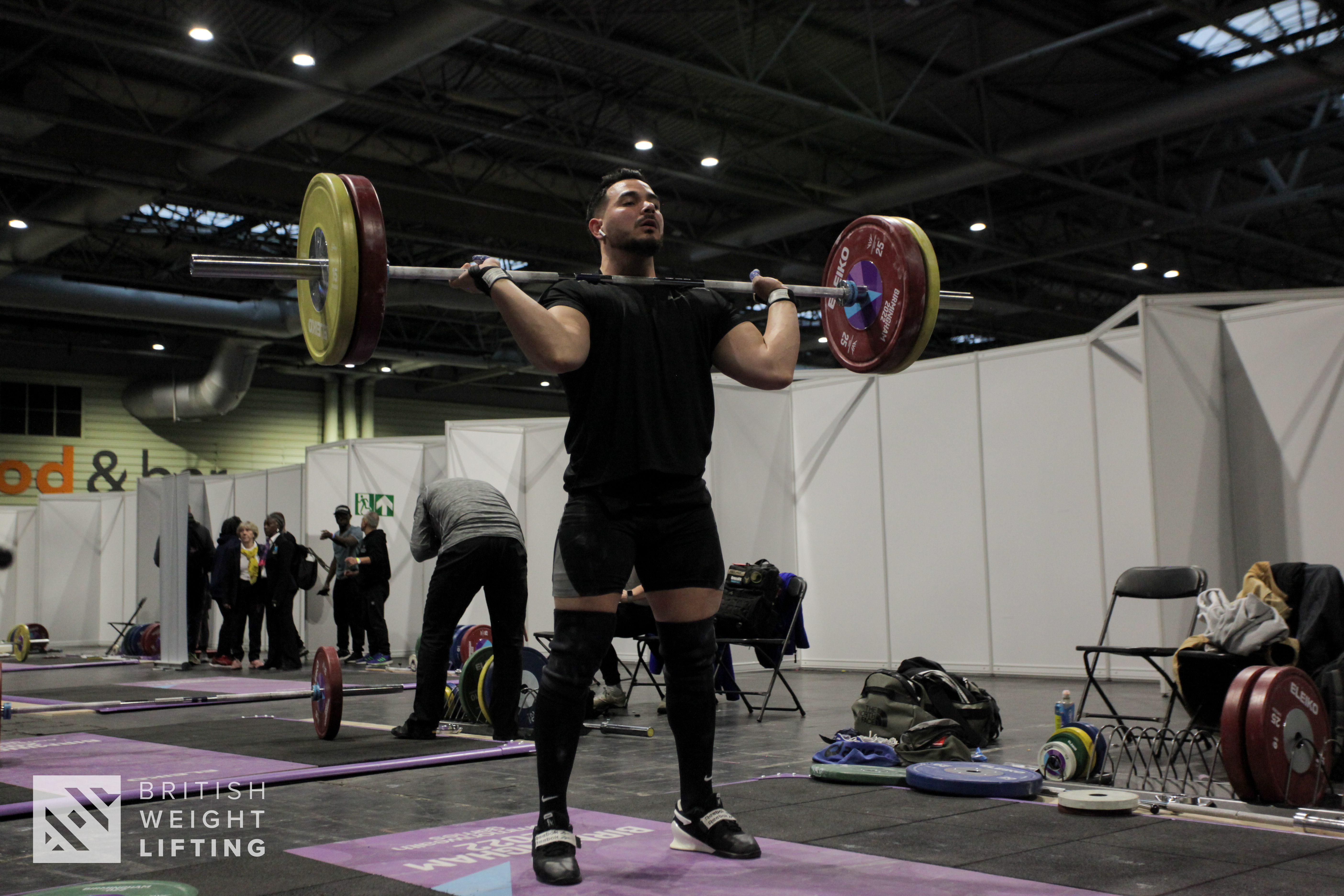
Olympic Aspirations
BWL: Being part of the Olympic Refugee Scholarship programme and the Olympic Refugee Team are significant milestones. How do you view these opportunities in the context of your career and life?
RM: Working towards new goals and setting personal bests, especially after breaking records at previous competitions, has provided me the opportunity to prepare for the Olympic Games. I aim to place in the top 10 at the Olympic Games. Ideally, I'd like to represent Team GB as a British citizen, not just as a refugee, in the 2028 Olympics.
Training Insights
BWL: Could you give us a glimpse into your daily training routine and how you prepare for major championships?
RM: I train six days a week, Monday through Saturday, for about three hours each day, following a strict program. Regular monthly testing, such as working up to my 90%, has led to significant improvements. However, cycling 30 minutes to and from the gym may be slightly impeding my progress.
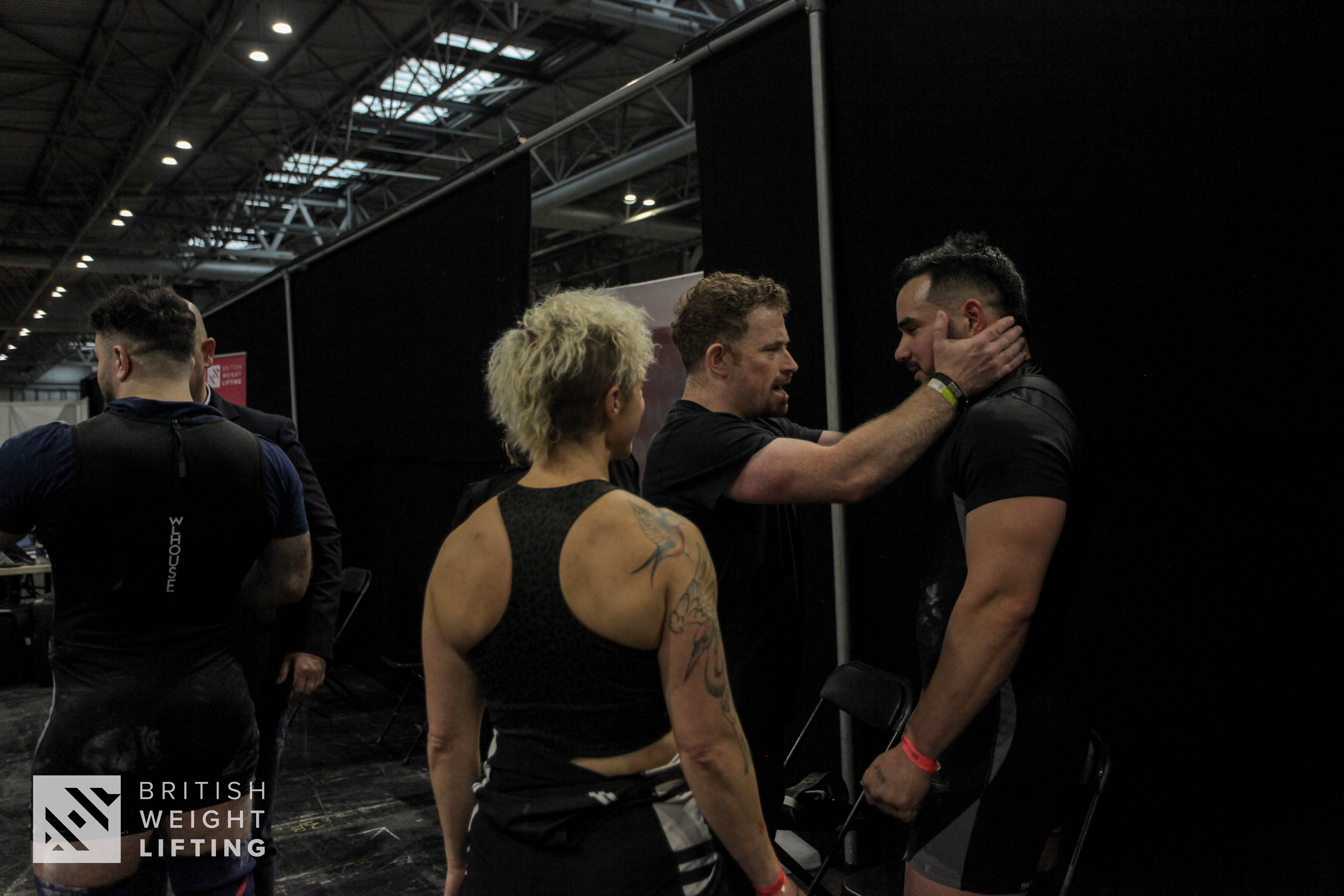
Mental Fortitude
BWL: Mental resilience plays a crucial role in weightlifting. Can you share your approach to mental preparation and overcoming the pressures of competition?
RM: Years of competing have honed my preparation for recent competitions. Despite facing athletes with various levels of experience, including Olympians, I manage to stay focused and resilient. My coach's support and understanding are crucial, helping me relax and remain confident in my abilities, especially when nerves kick in. I thrive on competitive atmospheres, using my nerves as motivation.
Symbol of Hope
BWL: Your journey is incredibly inspiring, especially to refugees and displaced individuals. What message do you hope your achievements convey to them?
RM: If you're offered a chance to improve your life, keep pushing for what you believe in and aim to achieve, even when there seems to be no light at the end of the tunnel. The asylum process is tough, but I continued training and competing because I knew stopping meant giving up on my dreams. Now that I've been granted refugee status, I'm closer to achieving my goals.
Future Ambitions
BWL: Beyond the Olympic stage, what goals do you have for your career in weightlifting and beyond?
RM: Post-Olympics, I plan to use my coaching skills to enhance the sport of weightlifting by assisting talented athletes to improve their techniques and contribute to British weightlifting's success.
Advice for the Next Generation
BWL: What advice would you offer to young athletes, especially those facing similar adversities?
RM: Discipline and sacrifice are key. Representing your country in a sport, especially at an international level, is an honour, but it requires hard work.
Though I'm not originally from England, I aspire to represent England/Team GB and bring our flag to the top of the podium, in gratitude for the support and opportunities I've received here.
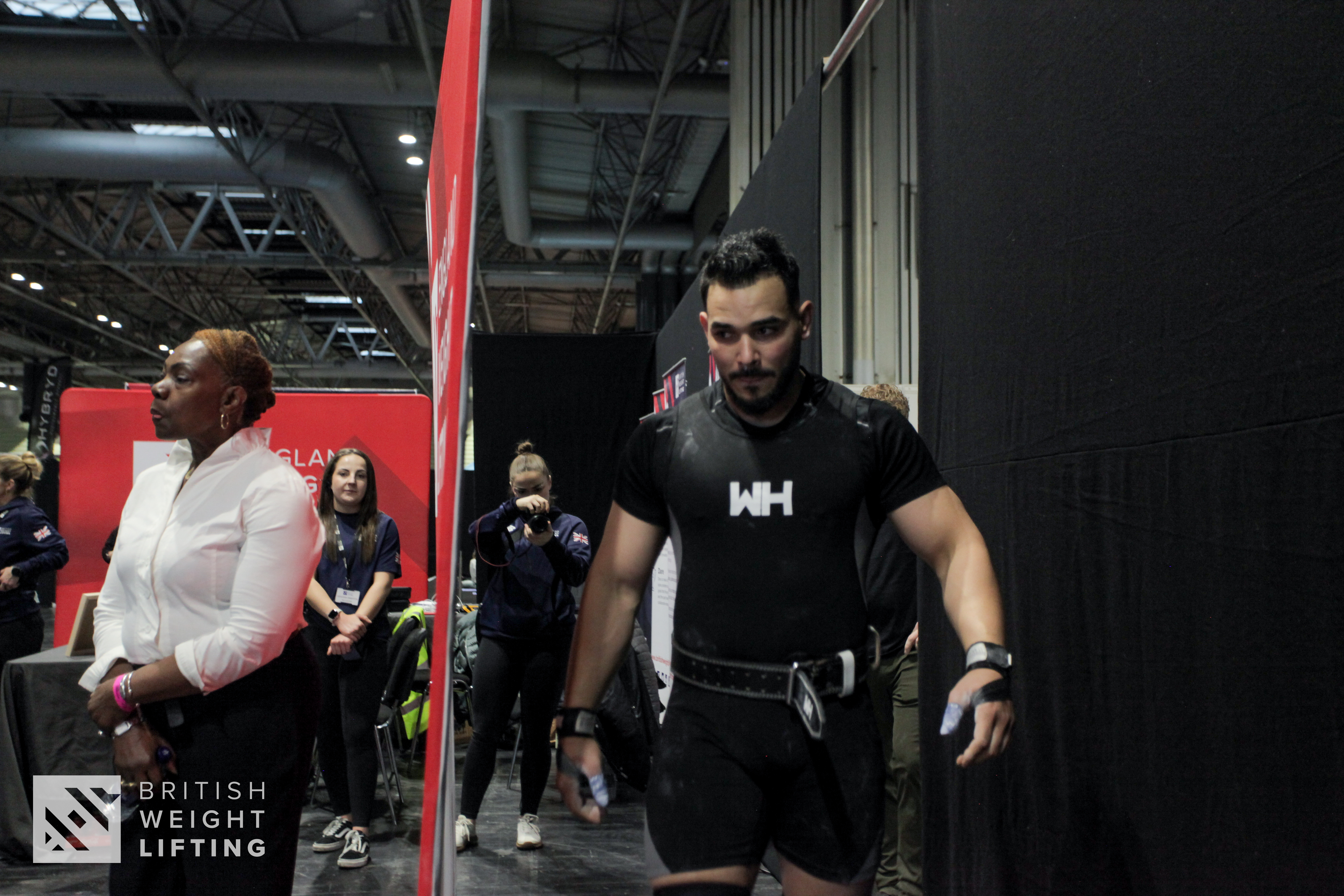
Partners
-
 Official Partner
Official Partner
-
 Official Equipment Partner
Official Equipment Partner
-
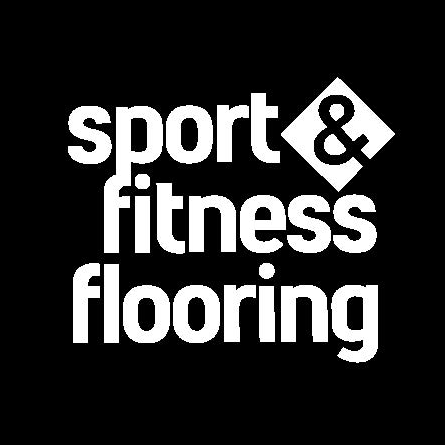 Official Partner
Official Partner
-
 Official Partner
Official Partner
-
 Official Photography Agency
Official Photography Agency
-
 Official Partner
Official Partner
-
 Official Partner
Official Partner
-
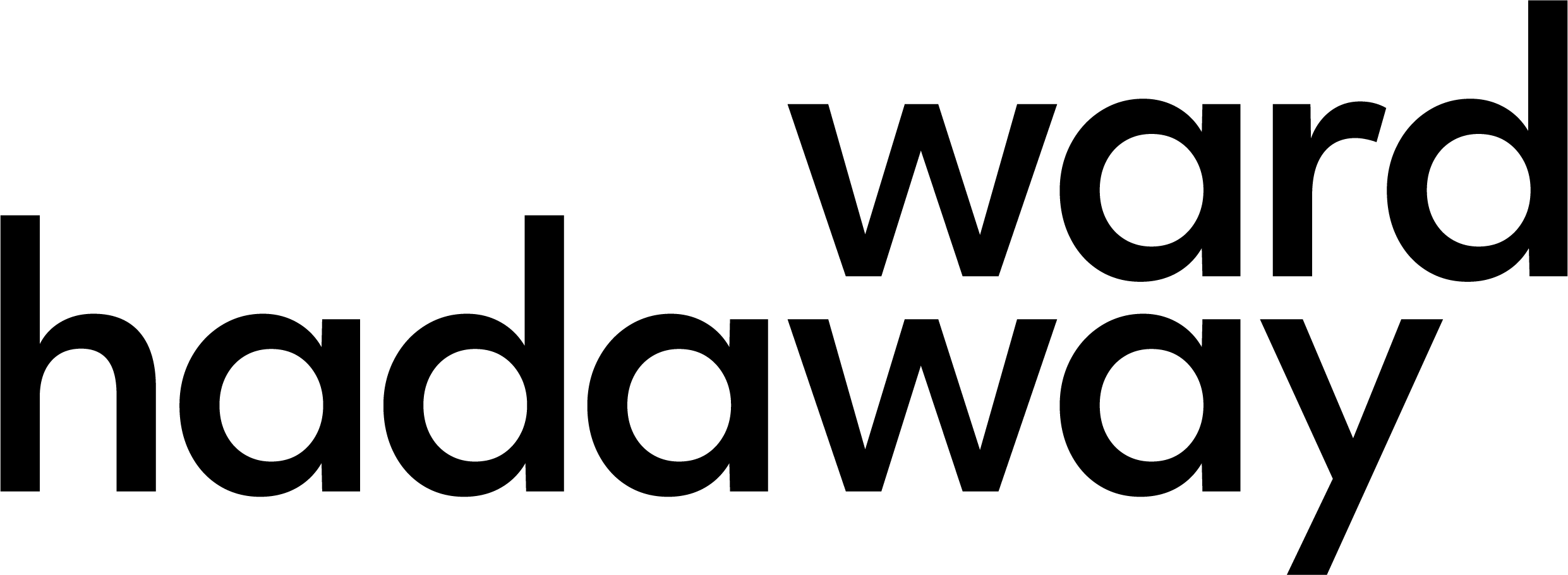 Official Partner
Official Partner
-
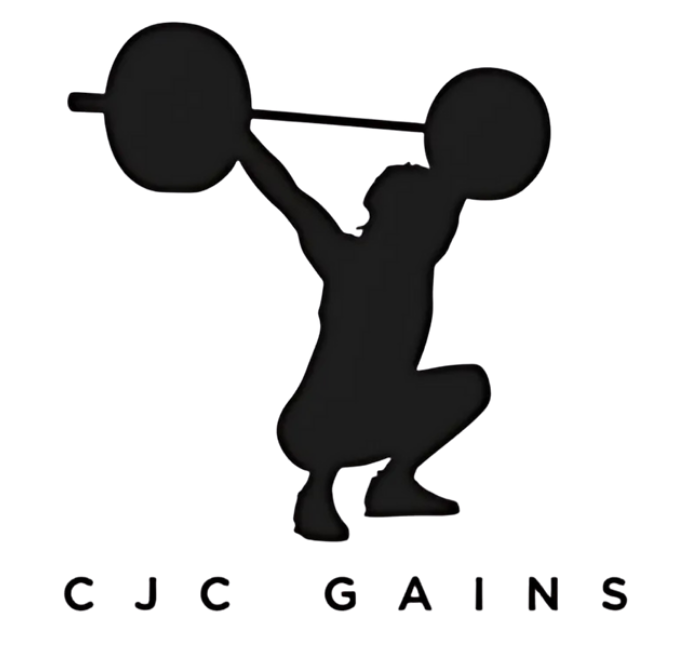 Official Partner
Official Partner
-
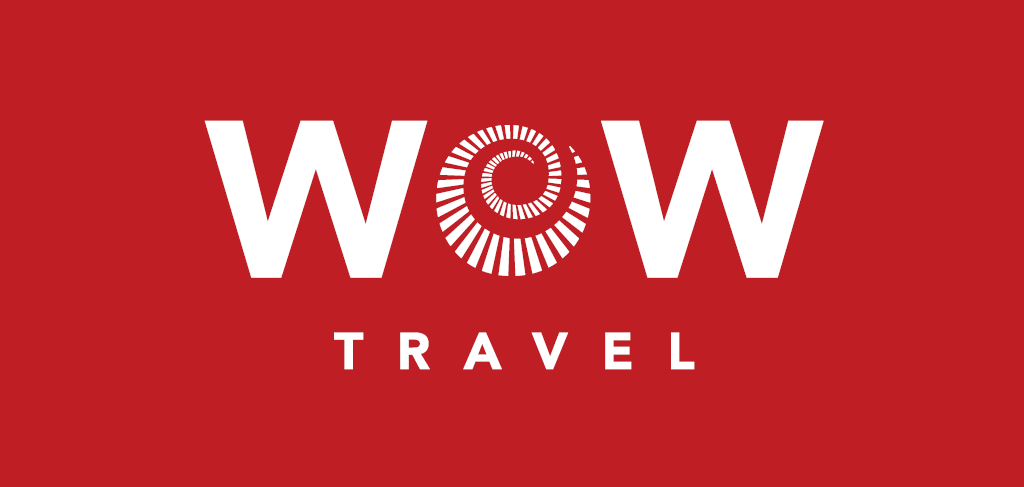 Official Travel Partner
Official Travel Partner
-
 Partner
Partner
-
 Funding Partner
Funding Partner
-
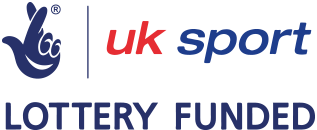 Funding Partner
Funding Partner
-
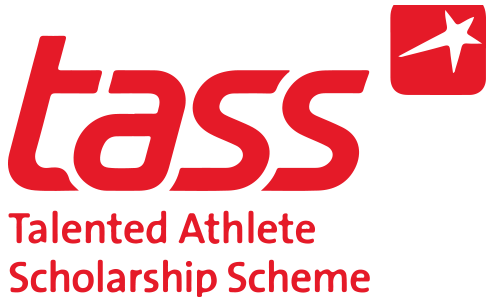 Funding Partner
Funding Partner
-
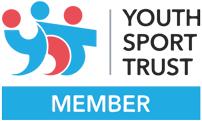 Official Strategic Partner
Official Strategic Partner
-
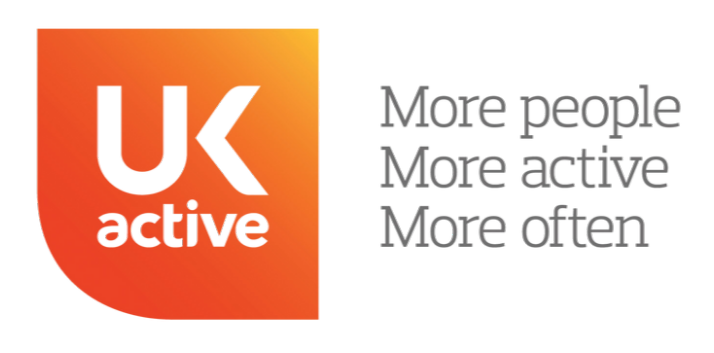 Official Strategic Partner
Official Strategic Partner
-
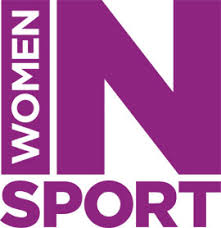 Official Strategic Partner
Official Strategic Partner
-
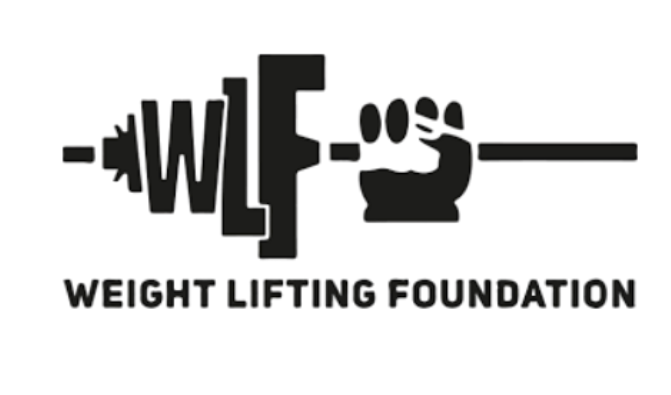 Weight Lifting Foundation Charity
Weight Lifting Foundation Charity
-
 Official ELearning Partner
Official ELearning Partner
-
 Official Awarding Organisation
Official Awarding Organisation
-
 Official Course Endorsement
Official Course Endorsement


